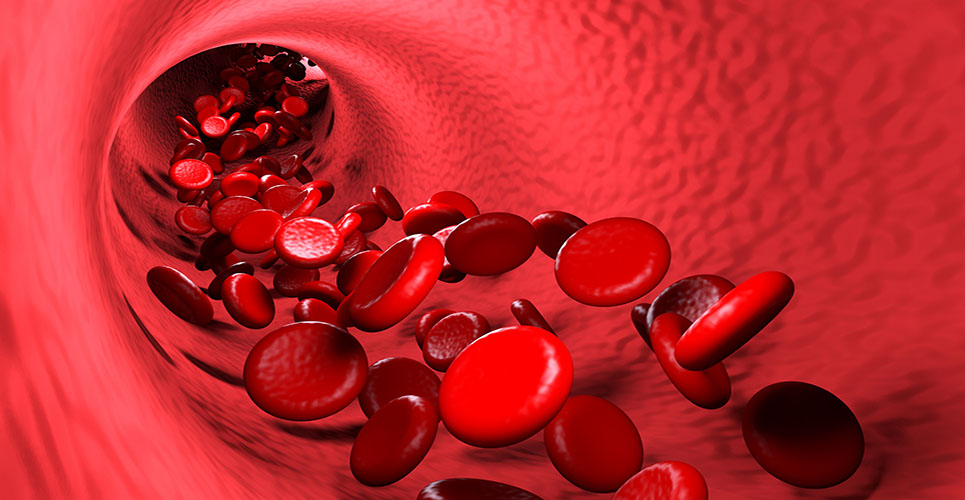Teva Pharmaceutical Industries Ltd announced it has obtained approval from the European Commission for an indication extension of Trisenox® (arsenic trioxide). This marks an important advancement in treatment for acute promyelocytic leukaemia (APL) patients in Europe, as it is the first time that a form of acute leukaemia can be effectively treated with a regimen that is entirely chemotherapy-free. APL is a rare and aggressive type of acute leukaemia that can kill within hours or days if left untreated. Trisenox®, in combination with retinoic acid, has shown a 99% overall survival rate with almost no relapses after more than four years (50 months) of median follow-up.1
“Teva is committed to providing wider access to high-quality medicines to ensure more people can benefit from the treatments they need. We’re very pleased by this decision of the European Commission, and we look forward to offering a chemotherapy-free treatment option for all newly diagnosed APL patients,”said Rob Koremans, MD, President & CEO, Teva Global Specialty Medicines.
The decision by the European Commission, which follows a positive recommendation from the Committee for Medicinal Products for Human Use (CHMP) of the European Medicines Agency (EMA) on October 13, grants marketing authorisation for first line use of Trisenox® in the 28 countries of the European Union. The indication extension is for newly diagnosed low to intermediate risk APL in combination with retinoic acid. The announcement points to a recognition by the European Commission that treating low to intermediate risk APL with a chemo-free regimen of Trisenox® plus retinoic acid can increase survival rates, dramatically reduce the risk of relapse, and help avoid chemotherapy-related side effects, such as the risk of life-threatening infections.
Welcoming the approval, Francesco Lo-Coco, Professor of Haematology and Head of the Laboratory of Integrated Diagnosis of Oncohaematologic Diseases, Department of Biomedicine and Prevention, University of Rome Tor Vergata, Italy said, “This approval by the European Commission is good news for APL patients as we now have access to a cure for an acute leukaemia without using chemotherapy. Moreover, this decision is a very positive endorsement by the European Commission, as it was made based solely on published academic research and studies. From now on, APL patients with non-high risk disease will have access to thischemotherapy-free regimen of Trisenox®plus retinoic acid at diagnosis, which has the potential to increase survival rates while minimising side effects associated with chemotherapy.”
In Europe, approximately 1500 to 2000 people are diagnosed with APL each year.3 APL, a life-threatening form of leukaemia, can cause uncontrollable bleeding leading rapidly to death if left untreated.2 The rapid progression of APL leading to early mortality is a substantial problem, affecting up to 30% of patients.4 Rapid diagnosis and commencement of treatment is essential to avoid early mortality.2,5
References
- Journal of Clinical Oncology, July 11, 2016 as 10.1200/JCO.2016.67.1982. Improved Outcomes With Retinoic Acid and Arsenic Trioxide Compared With Retinoic Acid and Chemotherapy in Non–High-Risk Acute Promyelocytic Leukemia: Final Results of the Randomized Italian-German APL0406 Trial. Professor Uwe Platzbecker et al. http://jco.ascopubs.org/cgi/doi/10.1200/JCO.2016.67.1982
- Coombs CC, et al. Blood Cancer J. 2015;5,e304.
- Sant M, Allemani C, Tereanu C, De Angelis R, Capocaccia R, Visser O, et al. Incidence of hematologic malignancies in Europe by morphologic subtype: results of the HAEMACARE project. Blood 2010;116(19):3724-34.
- Lehmann S, Ravn A, Carlsson L, et al. Continuing high early death rate in acute promyelocytic leukemia: a population based report from the Swedish Adult Acute Leukemia Registry. Leukemia 2011;25:1128–34
- Lo-Coco F. Blood. 2011;118:1188-9

